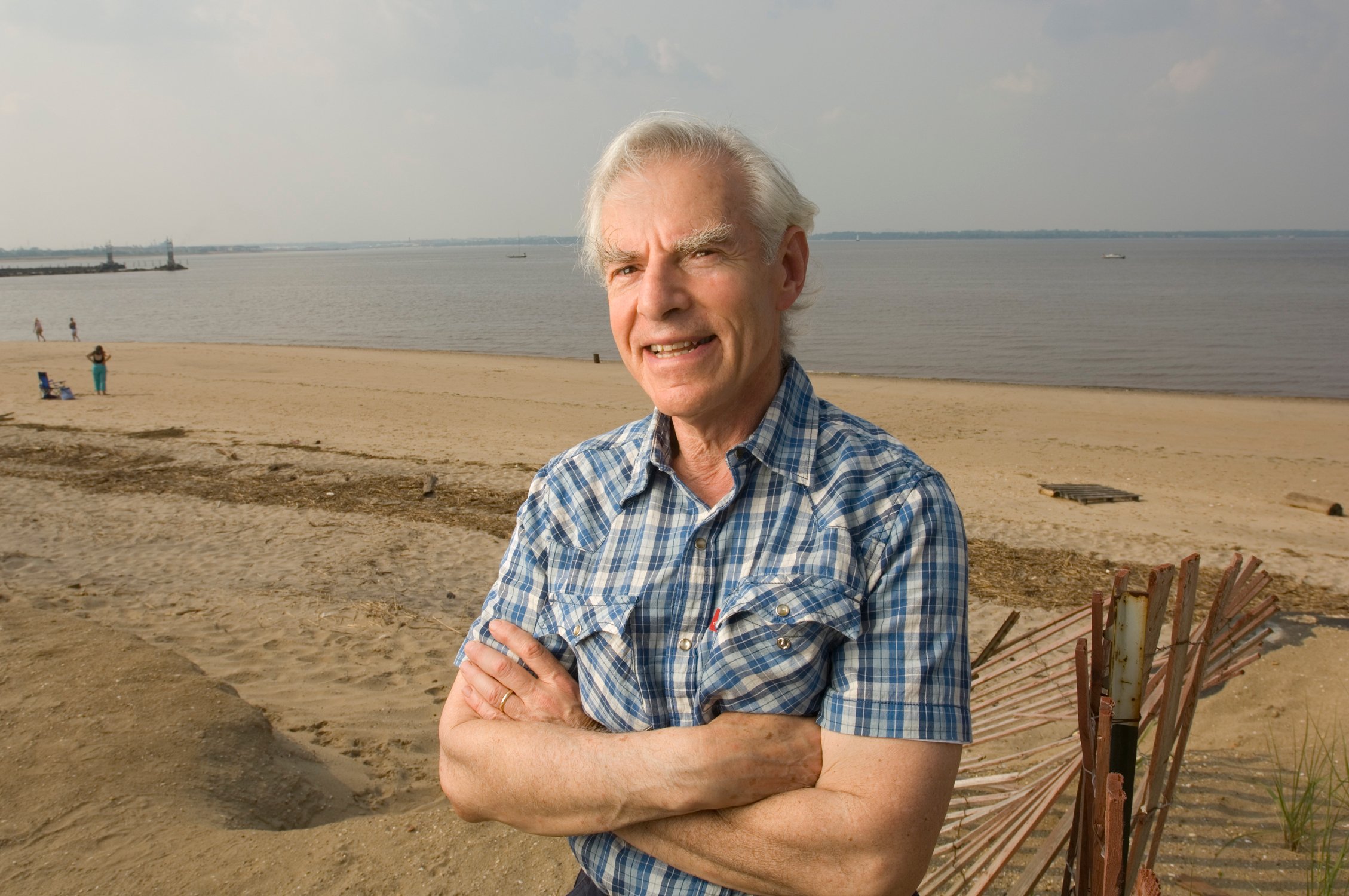Former English professor H. Bruce Franklin, a self-proclaimed Marxist-Leninist-Maoist dismissed from Stanford in 1972 for his anti-Vietnam War demonstrations, died on May 19 at age 90.
In his decades-long career as an academic and cultural historian, Franklin wrote and edited 20 books and received several awards — including the Eaton Award, the SFRA Pioneer Award and the Pearson-Bode Prize — across a vast range of scholarly fields. Franklin contributed to scholarship on the topics of science fiction, prison literature, American studies, environmentalism and the Vietnam War.
“Bruce had so many interest areas,” said his daughter Karen Franklin. “He was always delving into things and then sharing that with all of us.” She recalled fond memories of family dinners complete with “big family conversations about whatever was going on in our lives or in the world.”
“He really encouraged us to think a lot and be curious about the world,” she said.
Franklin became heavily involved in the anti-war movement in the Bay Area during the 1960s and ’70s. During his activist career, he co-founded an organization that would later become the Revolutionary Union, a precursor to the Revolutionary Communist Party, which in 1971 combined with the far-left group Venceremos.
“He came of age in a really idealistic time period,” Karen Franklin said. “He really thought that people could change the world in a positive direction; he really did believe in world peace.”
In January 1971, University administration charged Franklin with disrupting a speech by Henry Cabot Lodge, previous Republican Senator and ambassador to South Vietnam, and “urging violent demonstrations” the following month in protest of the U.S. invasion of Laos. A panel of faculty judges ruled that Franklin did not take part in the disruption of Lodge’s lecture. However, they concluded that he had advocated for the occupation of the campus computer center and urged defiance against a police dispersal order.
The case against Franklin was “the most serious disciplinary actions brought against a faculty member since the early 1900s,” according to the University News Service.
Franklin tried to challenge his firing in a court case sponsored by the ACLU, but Karen Franklin said their side seemed doomed from the beginning.
The court consisted of “just this one young woman attorney for the ACLU against this whole battalion of high-powered attorneys working for Stanford,” she recalled. “It wasn’t much of an even match.”
In the end, Franklin’s efforts to appeal the termination were not successful.
The University did not respond to a request for comment on Franklin’s dismissal.
Professor of Law Emerita Janet Cooper Alexander M.A. ’73, Franklin’s former student and close mentee, was one of seven students suspended from Stanford at the same time as Franklin for “allegedly heckling” during Lodge’s speech, she said.
Alexander said Franklin’s firing was “completely unjustified.” She called it “an assault on academic freedom and the First Amendment.”
“Even worse than firing him was the blackballing,” Alexander said. It took Franklin three years to get hired again after being dismissed from Stanford. Franklin went to community college in horticulture to prepare for a career as a gardener before finally being hired at Rutgers University-Newark.
At Rutgers, Franklin held a distinguished tenure and an endowed chair and was highly regard by his colleagues, according to Alexander.
Franklin continued to speak out on foreign policy issues at Rutgers. In 2014, he spearheaded a group that blocked Condoleezza Rice from being named commencement speaker, citing her foreign policy role in Iran and Iraq.
Franklin was athletic and enjoyed sports, camping and hiking, according to Karen Franklin. He was a dedicated father of three.
Alexander remembers Franklin as a “brilliant scholar and a charismatic and deep teacher.” She said that his book “Wake of the Gods,” a study of American novelist Herman Melville’s mythology, is “maybe the most brilliant academic criticism I’ve ever read.”
“He had such curiosity. You could see that in the way his scholarship expanded…he had a tremendous amount of empathy,” Alexander said. “That was the source of his politics. Whatever people would like to think, he loved people.”
